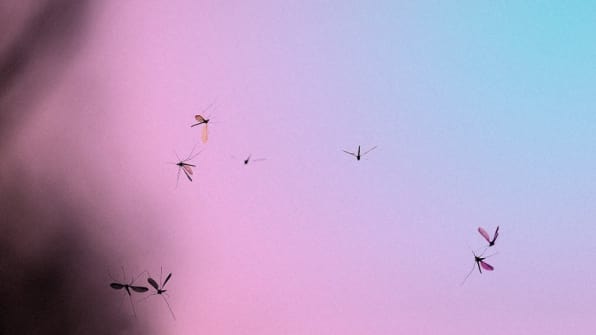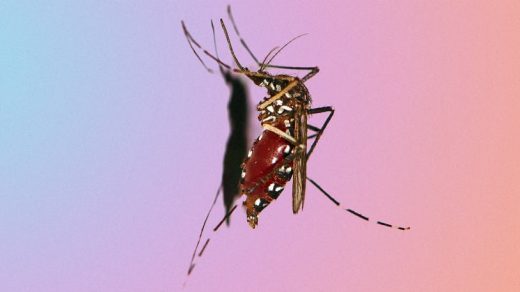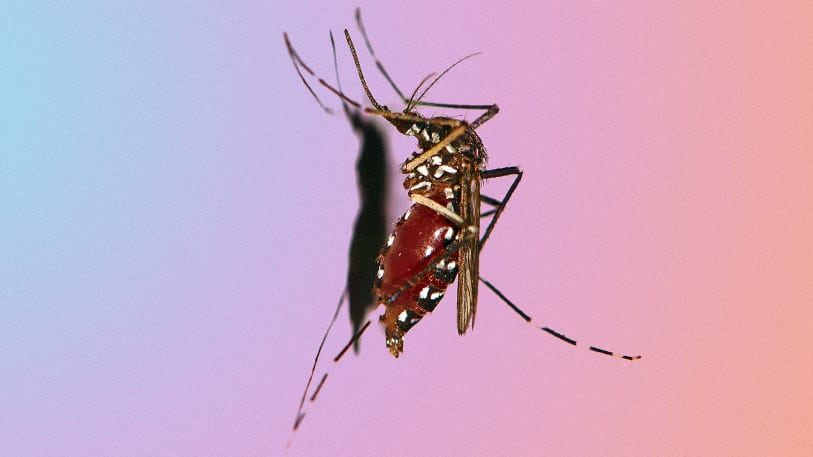If Everyone’s Cell Phones Listen For Buzzing Mosquitoes, We Can Track And Kill Them
Of the 3,500 species of mosquitoes around the world, only 20 to 25 species carry diseases, like malaria and Zika, that affect humans. But it’s hard to know where those species are at any given time, and current methods–trapping insects and bringing them to a lab for analysis under a microscope–can only happen in a limited way.
Researchers at Stanford University are testing another method: using volunteers with cell phones to record a mosquito’s annoying buzz. Because the sound of a particular species’ buzz is unique, it’s possible to then use machine learning to identify each species and plot it on a map.

“We realized that using a regular phone–a $ 5 to $ 10 flip phone–we can record these acoustic signatures from mosquitoes,” researcher Manu Prakash, a TED fellow and MacArthur genius grant winner, told an audience at TED 2017. Prakash is known for his “frugal science” inventions, including the Foldscope (a cheap paper microscope that he has distributed to students around the world) and a toy-inspired centrifuge that can be made for 20 cents instead of the usual $ 1,000.
In places like Africa and South America, where cell phones have become ubiquitous, citizen scientists can use phones to gather mass data about mosquitoes. The system, called Abuzz, works quickly. In a trial in Madagascar with high school students, the researchers were able to map an entire village in 24 hours. The researchers say that people are motivated to help–many have lost loved ones to mosquito-borne illnesses–but in the future, the project may also offer incentives to participate such as free phone minutes.
By better understanding where disease-carrying mosquitoes are, it becomes easier to target them.
“I think one of the aspects of this is on a planetary scale, we have absolutely no idea where mosquitoes are, how far they go, how that changes with climate change…this real-time data coming from the ground is the most important thing for policy, but also locally trying to figure out where they’re breeding,” says Prakash. “If you think about the resources that we have, they’re very limited. We need precision attacks on mosquitoes rather than spraying everything around and spoiling resources.”
(49)



